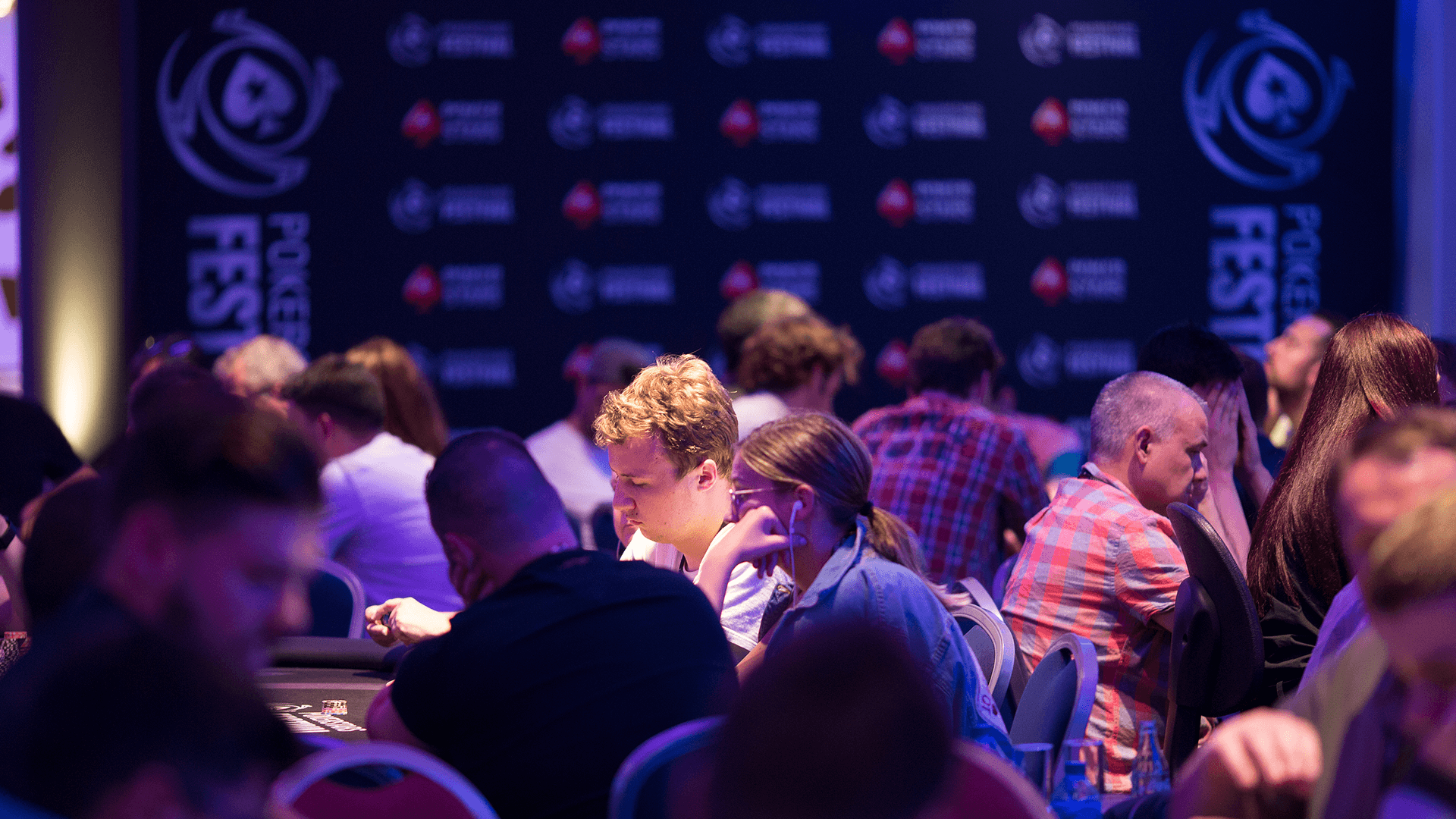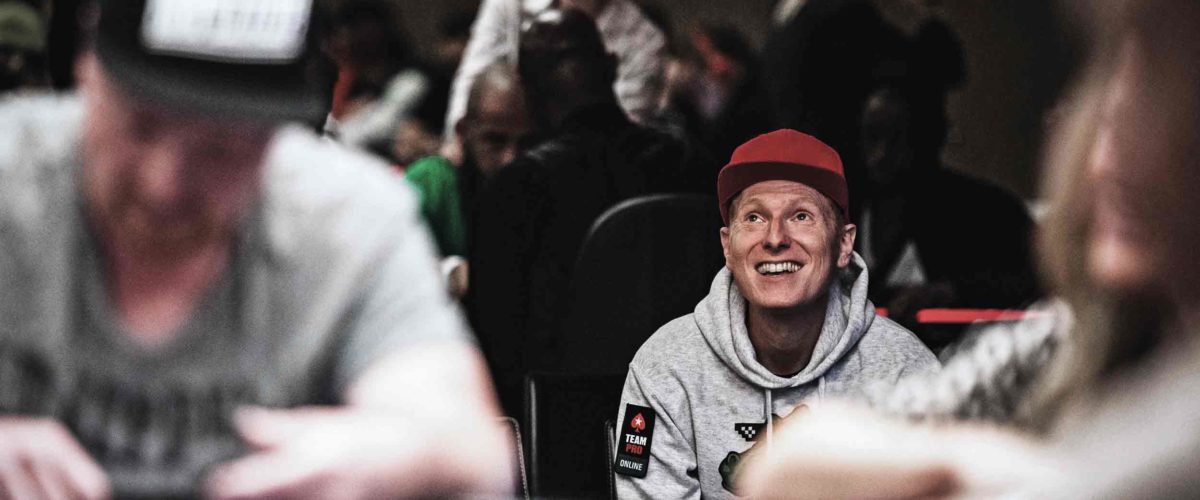OMG!!! Bad Beats in Poker
We must discuss this topic too, because poker forums are full of bad beats, or at least things that seem like bad beats. I don’t want to offend anyone, but I see many hands in bad beat forum threads which are not actually that unlucky at all.
First of all, what is a bad beat?
A bad beat is where the statistical favorite loses against the underdog hand. (It’s very important to take a closer look at the definition. If something has a low chance of happening, it does have a chance of happening, so it’s not impossible!) The loser gets the bad beat, and the winner obviously dishes it out.
Defining the border between the real, big favorite hands and just regular strong hands is a debate that will last forever. Some people treat every hand where they had more than 50% chance as a bad beat. It’s obviously just exaggeration, seeing as if it was true then the entire game would consist of bad beats! Personally, any hand where you have a 90% or higher chance of winning and lose is what I think of as bad beats. It doesnt mean that I’m happy about losing a 70-30 or an 80-20 , but that it’s nothing out of the ordinary. The 20-40% hands win quite often, so let’s try not to be sore about it!

But I have every right to be angry…
I was unlucky and lost a big pot when I was the favourite to win. Can I be angry? I don’t think so. At first, this might seem odd, but I’ll try and explain. The goal of poker is to win your opponents’ chips. You can only do that by risking yours. If you put in money with the better hand, in the long run you’ll be good if your opponent puts in the same amount. It’s obvious that you’d like to do this with 90%+ hands, rather than 50-50 coinflips. But 90% is just that – it’s not 100%! Most of the time it will win but sometimes it will lose, with that sometimes being exactly 10% of the time.
Lets take a look at a simple example; you raise with A-K, and one opponent calls with A-4. The flop is A-J-9. You continue betting, your opponent calls again. The turn card is a 2, and you now go all in. Your opponent calls , and only the three remaining 4s in the deck can help him, otherwise you win the hand. There is a 6% chance of a 4 hitting the river, meaning you are a 94% favourite to win. Unfortunately things don’t go as well as you hoped, and a 4 comes down on the river! Is this a bad beat? Yes. However, if you were asked what you want your opponent to do before he decided on the turn, you’d say you wanted him to call every time.
In this example your opponent’s play was extremely questionable. You managed to get all the chips into the middle with a huge advantage against your opponent – in the long run it will be a winning strategy. You can only control the decisions you make and you got what you wanted. Unfortunately, in poker you can’t do anything to control how the river comes out…
What’s the moral of the story? The player who gets more bad beats than the average is a better player than the average. And it’s true the other way around. Players who give more bad beats than the average are worse players than the average.
Don’t tell it, forget it!
Bad beats have been around since the existence of poker and always will be. It’s also true that people love telling bad beat stories. It’s a kind of masochism, bringing up a traumatic memory again and again, but that’s just human nature.
If you do get a true bad beat, (which means you lost a showdown where you had 90%+ chance) it really does feel bad. One of the distinguishing features of a truly good player is that they don’t dwell on things, and getting bad beats doesn’t affect their game.
